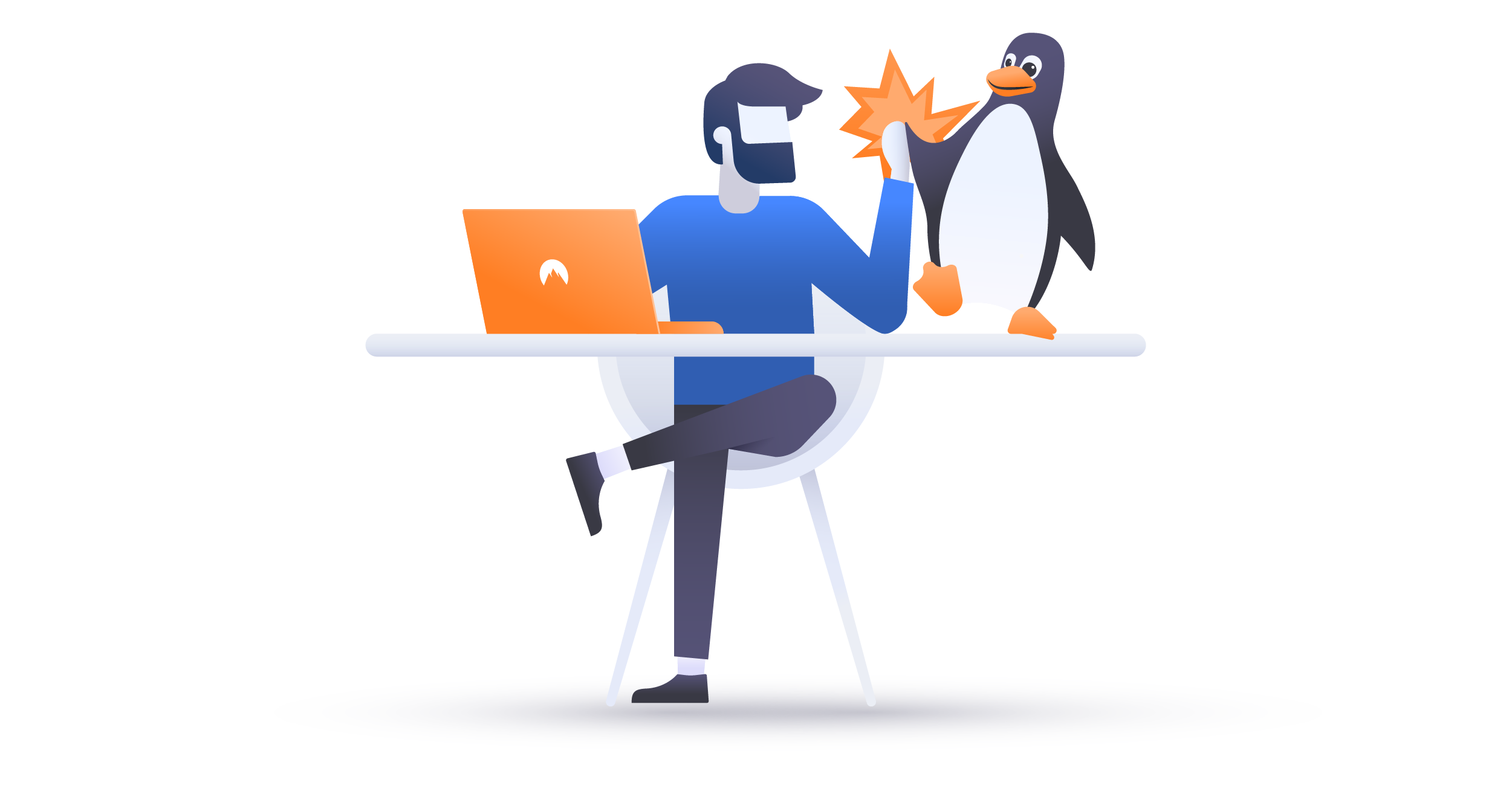What data are you most scared of leaking online?
What private area of your online life do you most fear being exposed? Your messages with family and friends? Your credit card details and social security number? The more time we spend online, the more threats we face from hackers and cybercriminals. Researchers at NordVPN have been exploring the public’s fears of online exposure; these are the results.
Paul Black
May 27, 2021 · 3 min read

What did the NordVPN research focus on?
NordVPN surveyed internet users across multiple countries, and asked them what private data they were most concerned about being exposed.
That question has never been more relevant. Individuals, businesses, and even governments now store huge amounts of data online. This trend has been accelerated by the pandemic and the introduction of home working practices.
Let’s see the results of the NordVPN survey country by country.
What private data are we most worried about being made public?
We conducted the survey in eight countries: Australia, Canada, the US, the UK, Germany, France, the Netherlands and Poland. We asked respondents one simple question: “Which part of your digital life are you the most worried about being made public?”. Then we summarized the answers and represented the frequency of them as percentages.
The survey was conducted by the NordVPN Research department for the period from March 29 to April 3, 2021. The survey’s target group was residents over the age of 18, and the sample was taken from national internet users. Quotas were placed on age, gender, and place of residence.
We found out that in the US concern over the exposure of financial data (e.g. credit card numbers) tops the list as the primary concern for 72% of respondents. Then, coming in at around 30%, we’ve got online messages, personal pictures, shared files and links, and browsing history. Understandably, Americans seem more worried about financial losses than embarrassing privacy leaks.

Canada, Australia, the UK and France follow almost identical patterns to the US:
- 82% of Canadians fear exposing financial data the most, while the second most common fear is exposure of stored personal pictures (41%);
- In Australia financial data tops the list again (74%), followed by stored personal images (41%);
- The UK is also mostly concerned about financial data (77%) and personal pictures (36%);
- The French follow the same path too – financial data scored at 74%, while stored images came in at 45%.



Among the participating countries, German and Dutch respondents were the least worried about their financial transactions being exposed (67% and 68%, respectively). They were also very concerned about personal pictures being leaked (40% and 46%). In Germany online conversations and browsing history give the least concern; they were the top answer for just around 20% of people. However, while browsing history usually won’t provide much useful info, it's worth remembering that online conversations can expose some really intimate details.
Poland expressed a larger concern for personal pictures (54%), while shared files and online correspondence also scored relatively high.
Summary of the data
After analyzing the results, we see that people treat financial data as more vulnerable and private than personal images, online chats or browsing history. This makes sense, as most users probably don’t have anything extremely personal in their online histories.
However, skilled cybercriminals may use seemingly harmless data for their own purposes. For example, they can use someone’s photo to deepfake an image or steal an identity.
How should you protect yourself?
Cybercriminals can obtain your data by various means. They can intercept your traffic when you connect to unprotected Wi-Fi, use your leaked credentials to initiate credential stuffing attacks to access your accounts, and lure you into giving out your data by using social engineering. However, you can take action today to protect yourself.
Here are a few basic steps on how to protect yourself:
- Use strong passwords. Passwords are the gateways into your system and online accounts, so make sure they’re strong enough. Try using a password manager like NordPass to generate and store complex passwords.
- Encrypt your most important files. If you have files you really want to keep private, encrypt them. You can use our NordLocker tool to wrap your data in layers of protective encryption.
- Use common sense when browsing online. A caution-first approach is essential online. Don’t click on suspicious links, attachments, and advertisements. Don’t download software from unofficial sources or hand out any personal information to people you don’t absolutely trust.
- Keep your social media accounts private. Make sure to set your privacy settings so that your personal social media profiles are only visible to people you know and trust. Also, do not share sensitive and personal information publicly. Cybercriminals can use this info against you (e.g., for initiating a social engineering attack or faking identity).
- Use a VPN. And last but not least, make sure to get a premium VPN. With a service like NordVPN, you can encrypt your traffic, hide your IP address, and protect yourself from snoopers and hackers.


